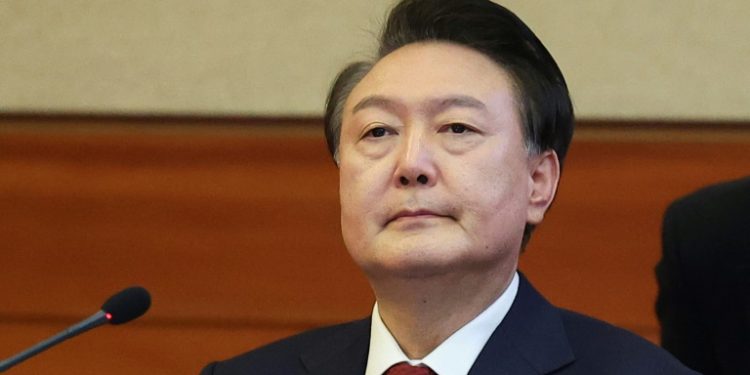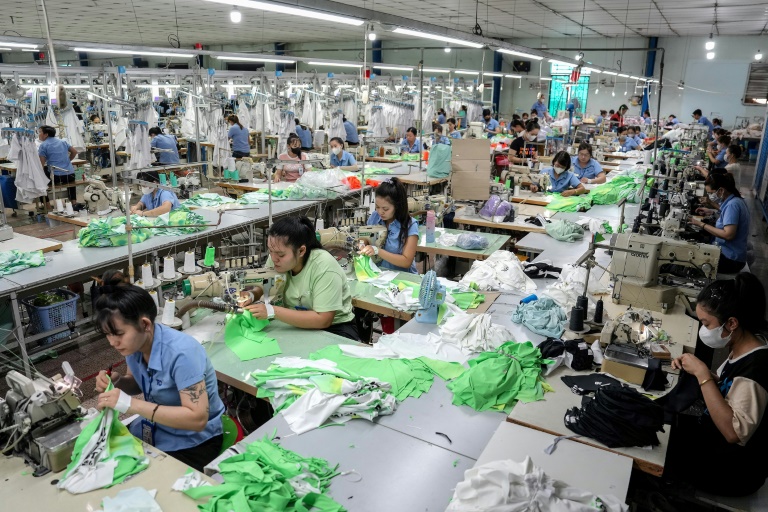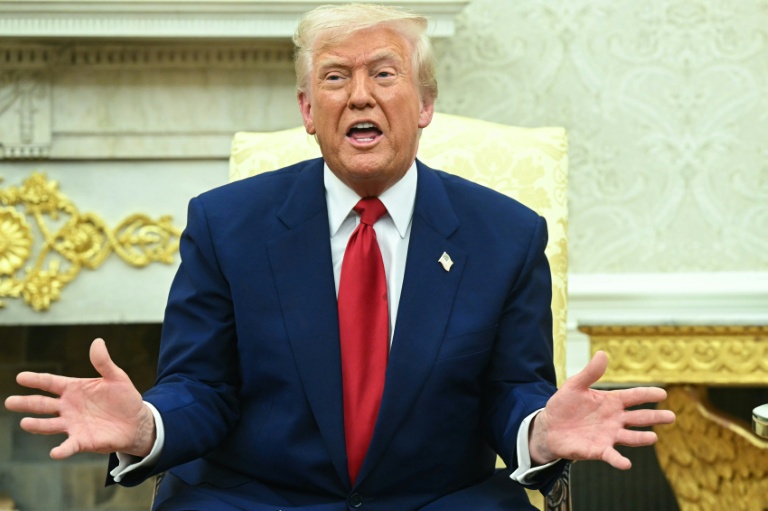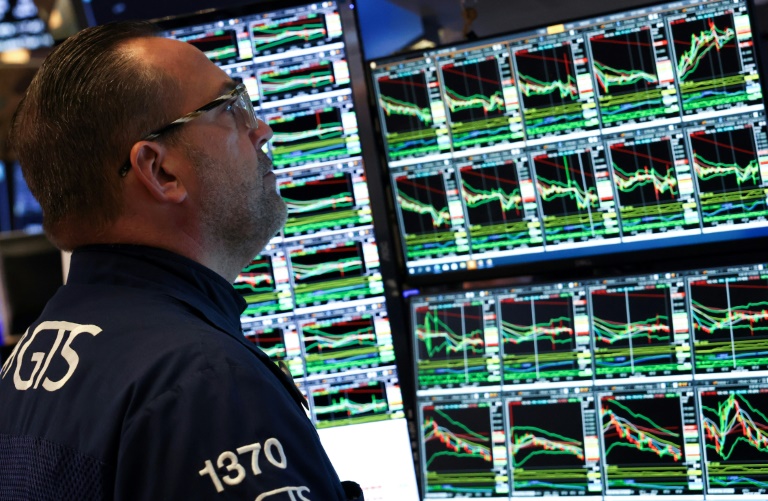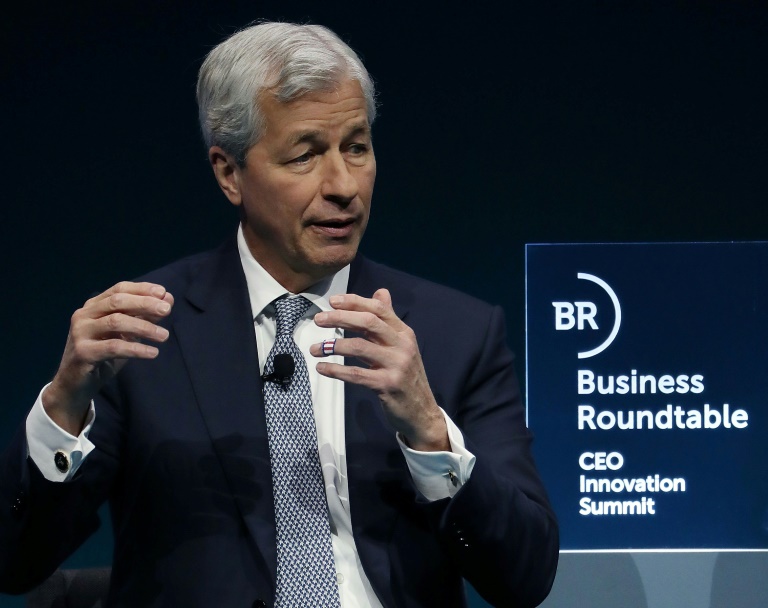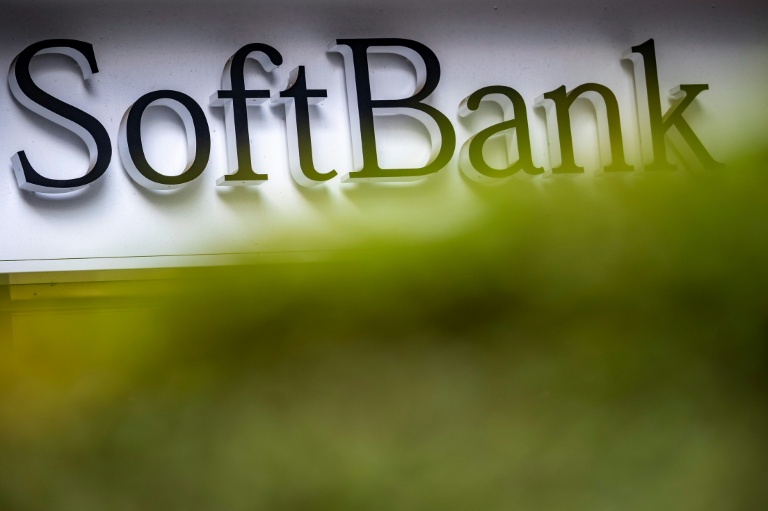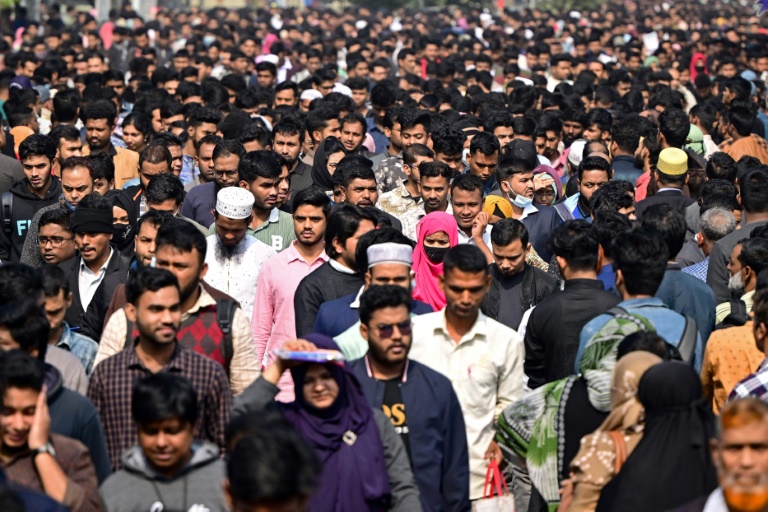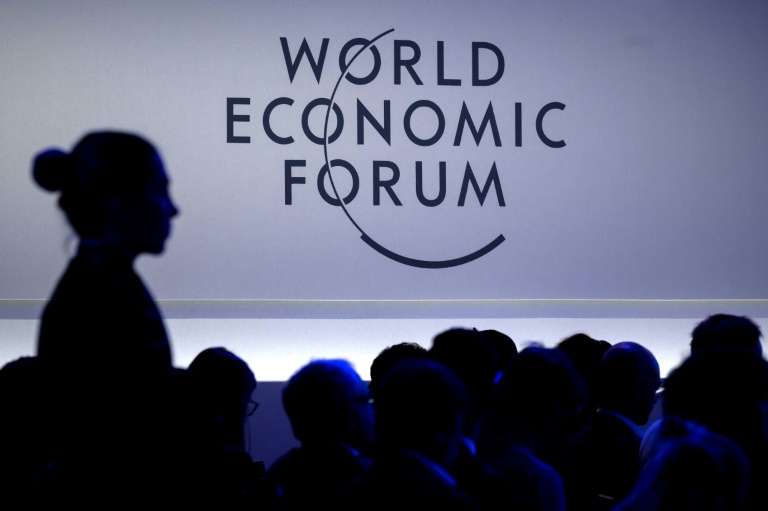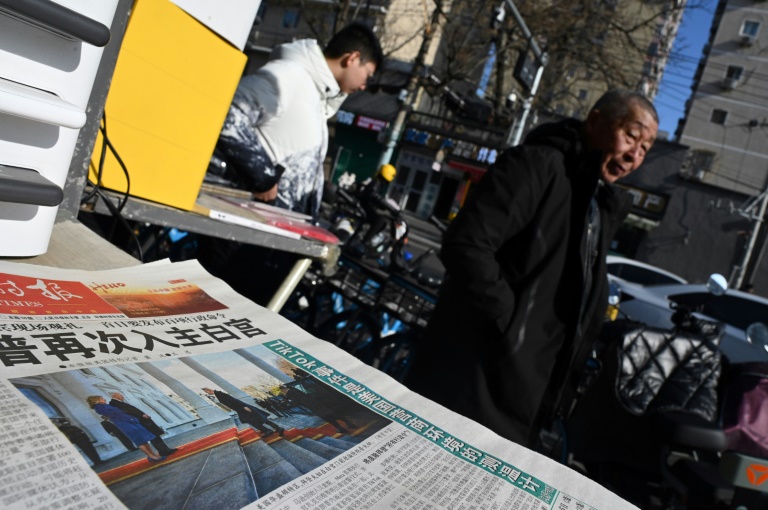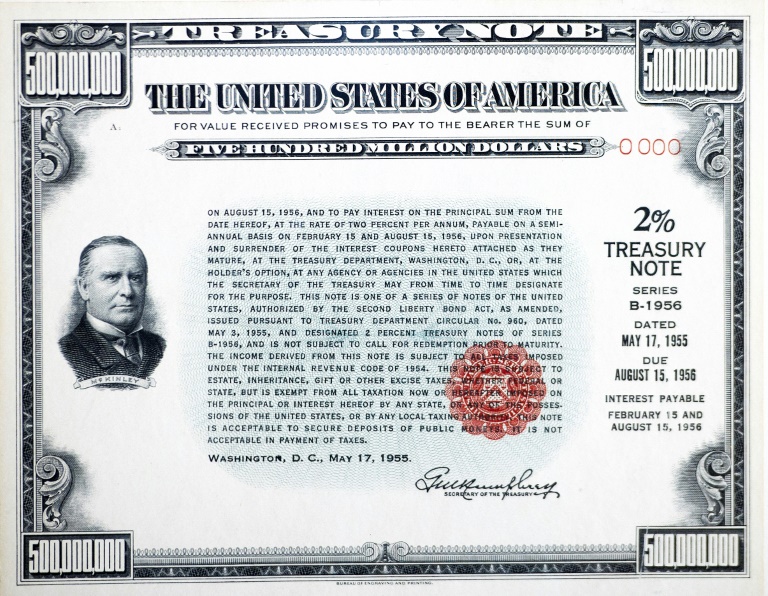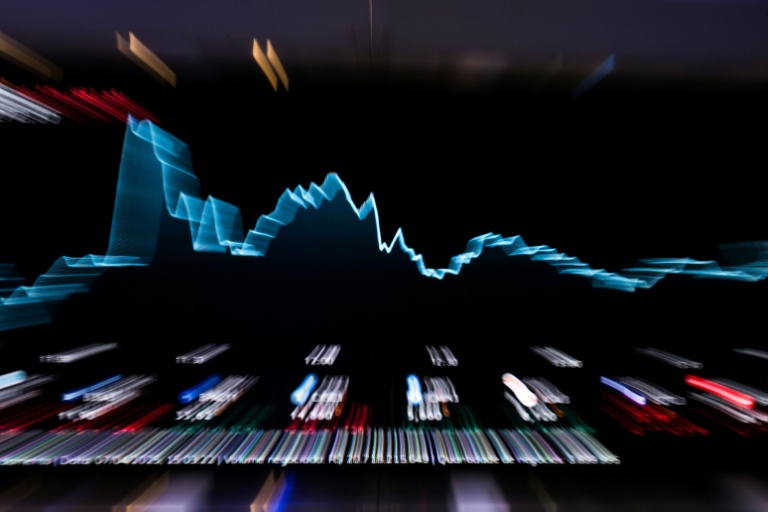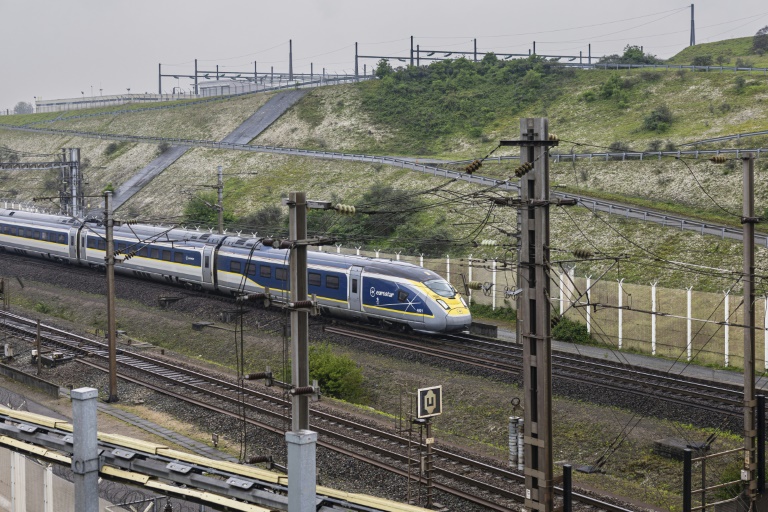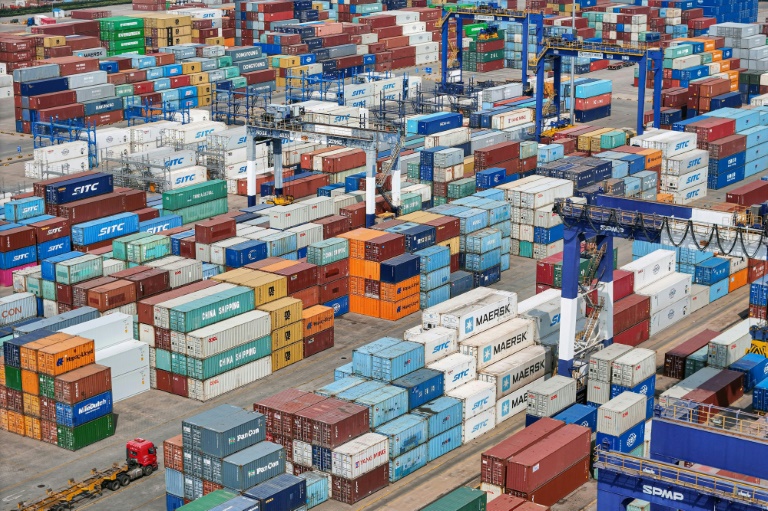Seoul (AFP) – South Korea’s economy grew less than expected in the fourth quarter, data showed Thursday, as it was hit by the fallout from President Yoon Suk Yeol’s brief declaration of martial law that impacted consumer confidence and domestic demand. The ongoing political crisis comes as leaders of the export-reliant country prepare for the second U.S. presidency of Donald Trump, who has warned key trading partners that he will impose painful tariffs.
The brief declaration of martial law on December 3 by South Korea’s now-impeached leader jolted Asia’s fourth-biggest economy, which the central bank said expanded 0.1 percent on-quarter in October-December and 1.2 percent on-year. For the full year, the economy grew two percent, marking an improvement on 2023, but 0.2 percentage points below forecasts. The Bank of Korea earlier this week warned that the martial law declaration and the December 29 Jeju Air plane crash that killed 179 had “significantly dampened economic sentiment.” In that forecast, it also revised its 2025 growth outlook down to 1.6-1.7 percent from an earlier projection of 1.9 percent.
“Korea’s economy continued to struggle in Q4, and we suspect that the weakness in activity could persist in the near term due to the ongoing political crisis,” said Shivaan Tandon at Capital Economics. “Domestic demand remains the main source of the weakness in the economy,” he noted, pointing to slowing growth in consumer spending. “The weakness of consumption in Q4 is in line with the latest consumer confidence and labor market data and suggests that perhaps the ongoing political crisis has already started to weigh on growth,” he added.
– Growing tariff fears –
Yoon’s brief suspension of civilian rule saw him deploy soldiers to parliament, but lawmakers voted the measure down and later impeached him. He is now being held for a criminal probe on insurrection charges and also faces impeachment hearings. Soon after the crisis erupted, consumer sentiment fell to its lowest level since the Covid-19 pandemic. Even after the impeachment, the won plunged against the dollar, and the country’s unemployment rate recently spiked to its highest level since 2021.
“The anaemic growth in South Korea’s GDP in the fourth quarter shows that the political crisis sparked by (Yoon’s) failed martial law attempt is hitting the economy more than the Bank of Korea anticipated,” Bloomberg economist Hyosung Kwon wrote. “That leaves the door open for the central bank to resume cutting rates at its February meeting.”
The figures come after the government this week unveiled a $250 billion support package for exporters amid growing concern over possible tariffs from the Trump administration. South Korea, heavily dependent on exports and driven by key industries such as advanced chips produced by conglomerates Samsung Electronics and SK hynix, saw exports rise 6.9 percent on-year in 2024. The volume of imports also recorded an annual increase of 2.4 percent.
Meanwhile, SK hynix reported record sales in the fourth quarter, marking a 75 percent surge on-year to 19.7 trillion won ($13.7 billion) thanks to its strong performance in producing highly advanced chips used in artificial intelligence. SK has been supplying U.S. giant Nvidia with its high-bandwidth memory (HBM) chips, which are crucial in the highly competitive AI sector. SK stated that the strong numbers demonstrated the “possibility of stable profit gain by supplying products at the right time to meet customers’ needs,” according to a press release.
© 2024 AFP

